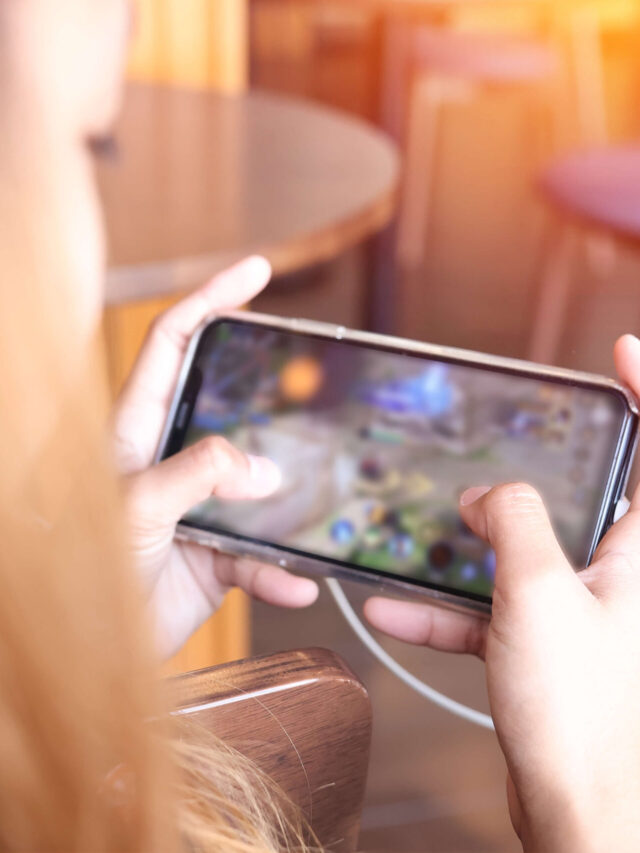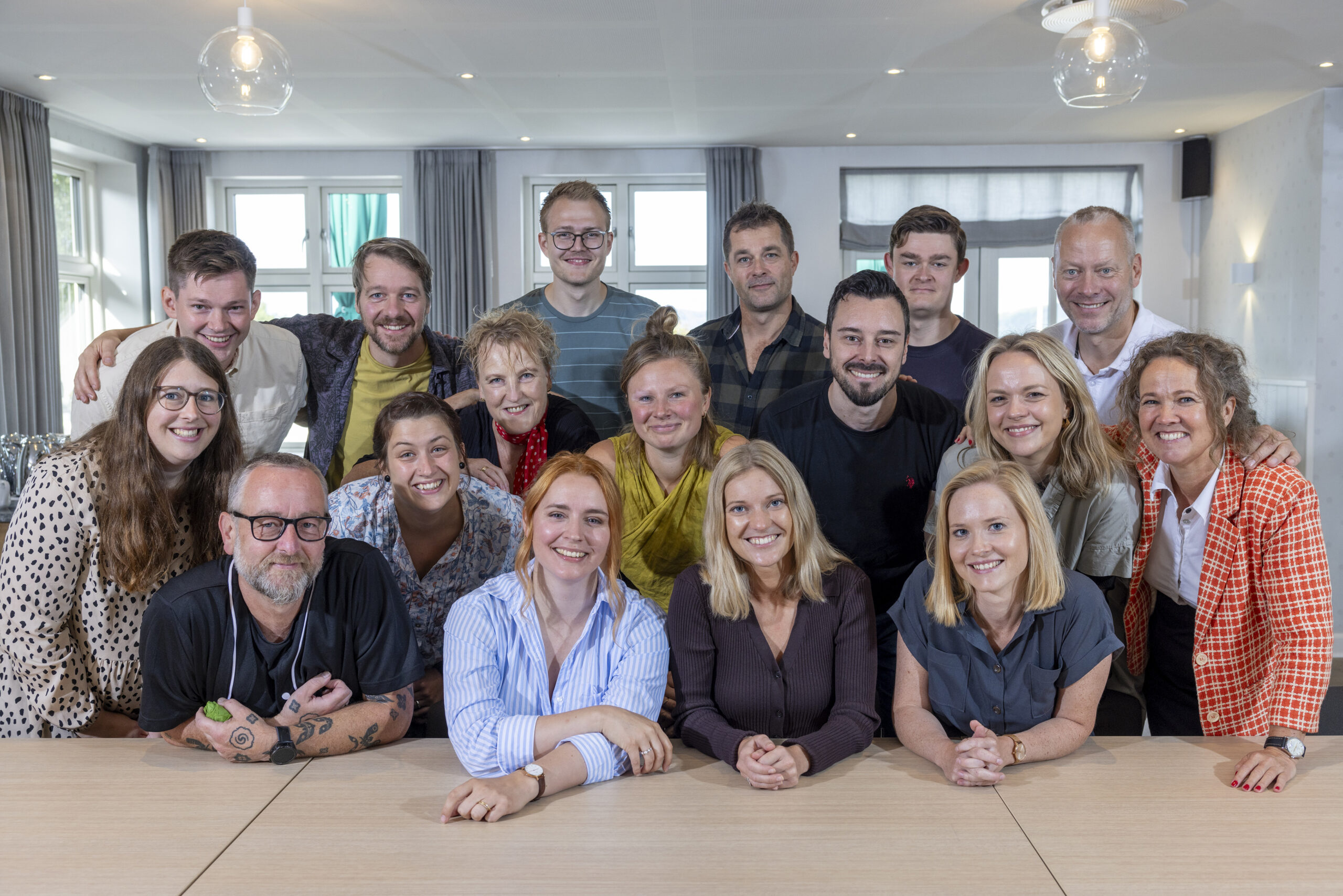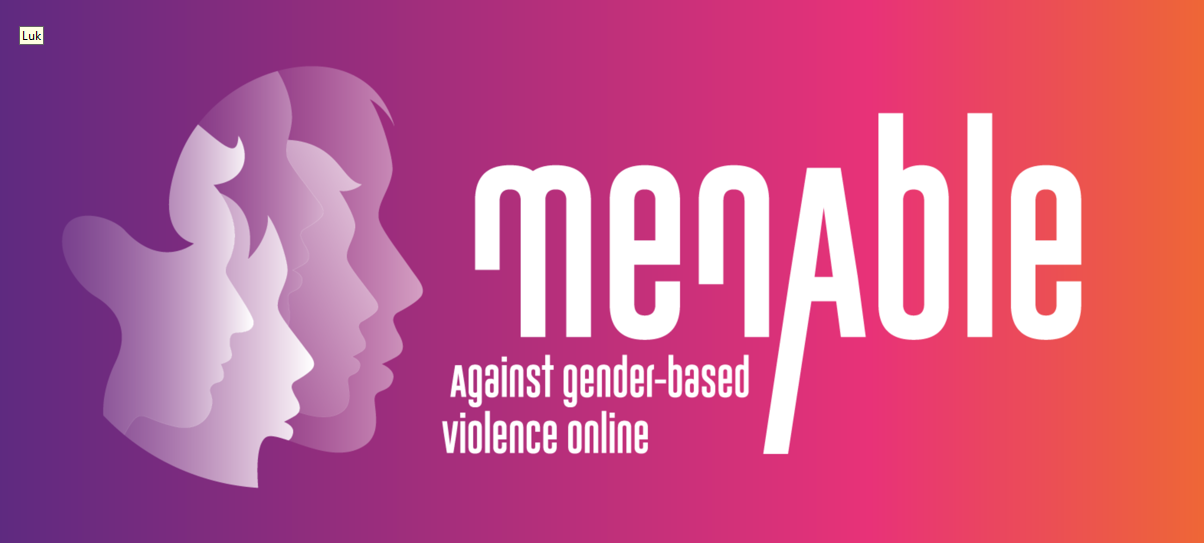Cyberhus Is Heard In European Mobile Strategy
In 2010, the EU Commission’s Safer Internet Programme has met with a number of players within the IT and telecommunications industry in an attempt to improve the safety of children and young people’s use of mobile phones, including the mobile phone’s role as gateway to the Internet and social media.
An extensive process, where CfDP – Centre for Digital Youth Care, in the form of Cyberhus, has been heard, due our role as national helpline in the European Insafe Network, and our six years of experience using new media in the socioeducational work with children and young people. In the end of November 2010, we delivered a presentation to the EU Commission in the wake of the third `Multistakeholder Workshop on Child Safety and Mobile Phones´, which took place in Brussels.
With our `call´ to the EU Commission, we focus on the need for changing the normal way of thinking regarding campaigns and responsibility, and have tried to paint a picture with a wider focus to ensure that also the marginalised will profit from it. This group are most in need of help to change social and online-related patterns.
Successfully Involving Young People
We are convinced that children and young people have to be met through dialogue and involvement, and in Denmark we have a tradition of involving young people in a constructive dialogue, also when it comes to raising awareness of web ethics and responsible use of the mobile phone and web. Should we even talk about a successful strategy for positive and responsible use of the mobile phone, it is vital we remember to include both the resourceful and the marginalised young people. To reach both target groups, it is necessary that the IT and telecommunications industry work in close collaboration with knowledge centres, organisations, and professionals with knowledge of, insight into, and hands-on experience with young people’s use and misuse of the mobile phone and online technologies.
Positive and Responsible Use of the New Media
In our contribution to the EU Commission, we share our experiences built up through our six years as online counselling centre and meeting place for children and young people on the web. The obvious starting point is our current project `Mobiler Mod Mobning´ (Mobile Phones Against Bullying) where Cyberhus – CfDP – Centre for Digital Youth Care in collaboration with Lommefilm, involves students from sixth to tenth grade by letting them direct little mobile movies against cyber-bullying. Besides raising awareness of good mobile manners among the students, the project shows educators the positive, creative, and educational potentials in digital media – and hopefully help and motivate educators to make more use of digital media in the daily teaching.
The online world is just as real and essential as the offline world, and adults and professionals have to show young people that we take the online universe seriously, and that we are ready to become part of the online universe, if it leads to constructive and inspiring meetings with young people.
Positive That We Are Heard
It is positive that the EU Commission has invited a helpline to the collaboration, and it is obvious to look towards Denmark as our children and young people are Europe’s most frequent users of the Internet and mobile phone. In Cyberhus, we have six years of experience with integrating the new media in the socioeducational work with children and young people. So in a way it is natural that we join the big collaboration, and it is positive that the EU Commission will hear our experiences. We hope that the telecommunications industry is willing to share the responsibility for improving the safety of children’s and young people’s use of mobile phones, and we are happy to participate in developing informational materials, campaigns, and projects in collaboration with the mobile phone industry, if it can be part of helping children and young people, and we will continue sharing our knowledge and experiences of marginalised children and young people, and how you can meet them online.
]]>


Hvis du vil sætte et par ord på din tilbagemelding, vil det hjælpe os rigtig meget, til at kunne forbedre vores indhold.